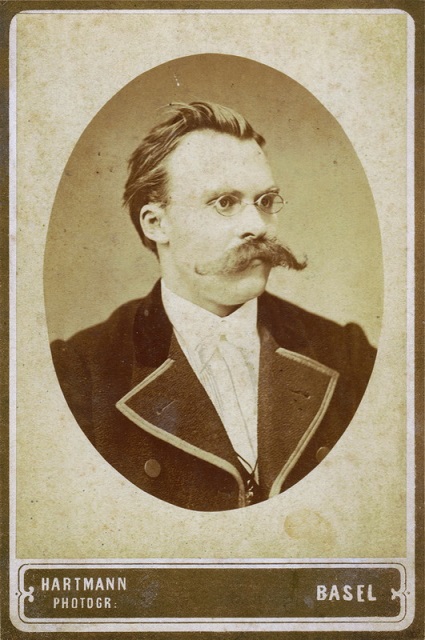1. Is there a perfect match between things and their designations? Is language the full and adequate expression of all realities?
2. We believe that when we speak of trees, colours, snow, and flowers, we have knowledge of the things themselves, and yet we possess only metaphors of things which in no way correspond to the original entities.
3. Let us consider in particular how concepts are formed; each word immediately becomes a concept, not by virtue of the fact that it is intended to serve as a memory (say) of the unique, utterly individualized, primary experience to which it owes its existence, but because at the same time it must fit countless other, more or less similar cases, i.e. cases which, strictly speaking, are never equivalent, and thus nothing other than non-equivalent cases. Every concept comes into being by making equivalent that which is non-equivalent. Just as it is certain that no leaf is ever exactly the same as any other leaf, it is equally certain that the concept ‘leaf’ is formed by dropping these individual differences arbitrarily, by forgetting those features which differentiate one thing from another, so that the concept then gives rise to the notion that something other than leaves exists in nature, something which would be ‘leaf’, a primal form, say, from which all leaves were woven, drawn, delineated, dyed, curled, painted–but by a clumsy pair of hands, so that no single example turned out to be a faithful, correct, and reliable copy of the primal form.
4. What, then, is truth? A mobile army of metaphors, metonymies, anthropomorphisms, in short a sum of human relations which have been subjected to poetic and rhetorical intensification, translation, and decoration, and which, after they have been in use for a long time, strike a people as firmly established, canonical, and binding; truths are illusions of which we have forgotten that they are illusions, metaphors which have become worn by frequent use and have lost all sensuous vigour, coins which, having lost their stamp, are now regarded as metal and no longer as coins.
5. Here one can certainly admire humanity as a mighty architectural genius who succeeds in erecting the infinitely complicated cathedral of concepts on moving foundations, or even, one might say, on flowing water; admittedly, in order to rest on such foundations, it has to be like a thing constructed from cobwebs, so delicate that it can be carried off on the waves and yet so firm as not to be blown apart by the wind.

